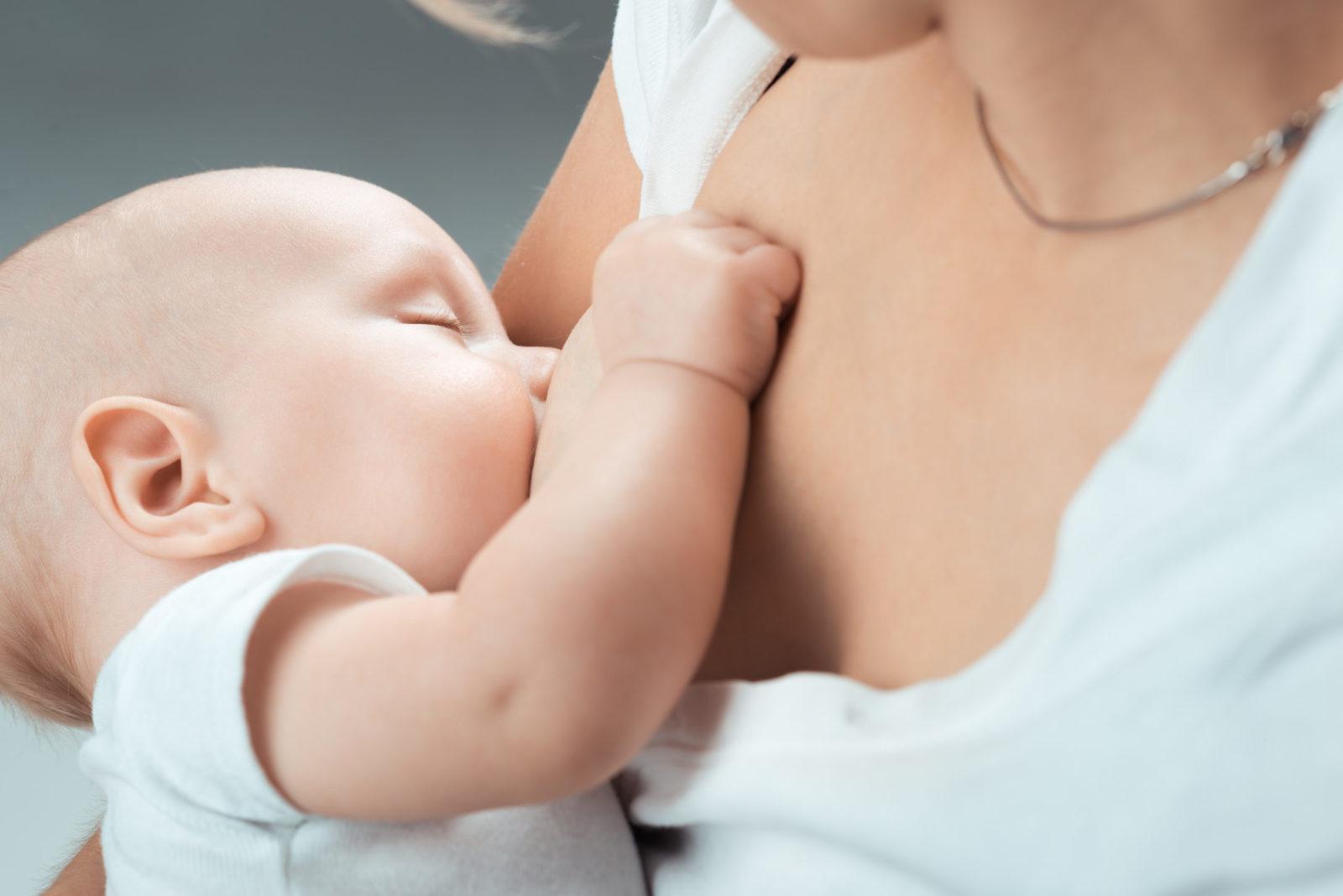Prevalence of exclusive breastfeeding during confinement secondary to the COVID-19 pandemic in infants born at the Santa Bárbara Clinic during the period from April to June 2020 Original Research
Main Article Content
Abstract
Introduction: Exclusive breastfeeding (EBF) decreases morbidity and mortality in infants. The prevalence of EBF in Ecuador is 58.4%. There is no information available on how the restrictions applied by the COVID-19 pandemic have impacted EBF habits, so this study aims to determine the prevalence of EBF during the confinement period and its associated factors.
Methods: The present longitudinal study was carried out at the "Santa Bárbara" clinic in Quito-Ecuador, from April to June 2020, with a non-probabilistic sample of mothers of infants with healthy children. Age, marital status, education, work activity, prenatal check-ups, type of delivery, perinatal practices, healthy child check-ups, prenatal-postnatal counseling, and EBF are described. The association is presented as an odds ratio.
Results: 114 participants with an EBF of 54.4% (62 mothers). Prenatal counseling was a protective factor OR 0.458 (95% CI 0.216 -0.97) P = 0.045 for the presence of EBF. The use of breast milk substitutes at discharge was a risk factor for the loss of EBF, OR 2.46 (95% CI 1.12-5.42) P=0.025. The infant's medical problems were a risk factor for the loss of EBF, OR 5.92 (95% CI 2.62-13.37) P<0.0001.
Conclusions: There is more significant abandonment of EBF, despite the longer contact time between mother and child. Abandonment occurs within the first month of life in 65.3% of cases and is associated with breast milk substitutes at the time of discharge of the newborn. There is an association between infant medical problems and EBF abandonment.
Downloads
Article Details

This work is licensed under a Creative Commons Attribution-NonCommercial-ShareAlike 4.0 International License.
